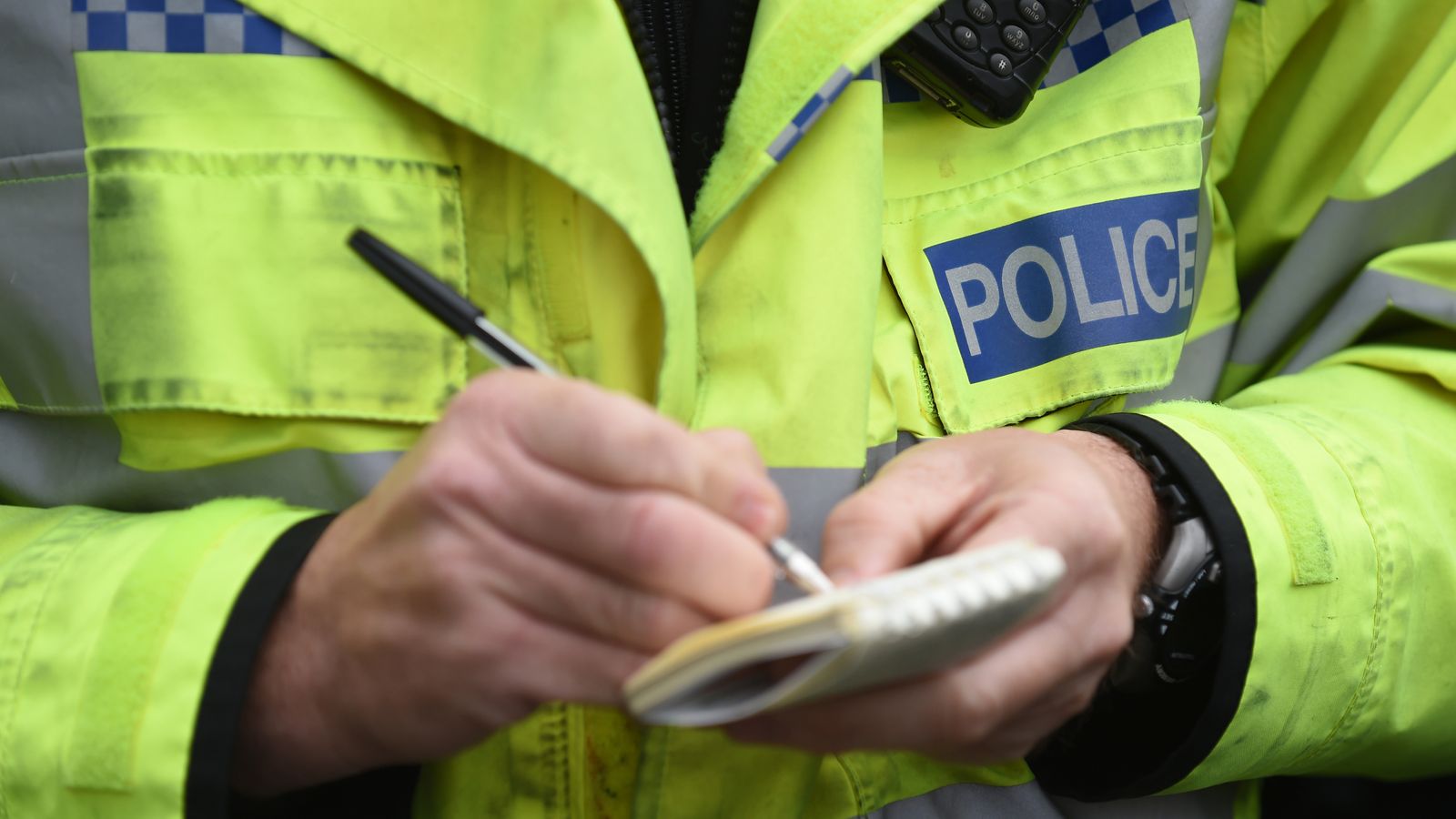The number of hate crimes recorded in England and Wales hit a record high this year, police have revealed.
Figures show there were 155,841 offences recorded in the year to March, up 26% from the previous year marking the biggest annual rise since 2017.
According to Home Office data, forces recorded 109,843 race hate crimes, 8,730 religious hate crimes, 26,152 sexual orientation hate crimes, 14,242 disability hate crimes and 4,355 transgender hate crimes.
Some of the crimes are recorded as having more than one motivating factor.
Transgender hate crimes, though the least in overall quantity, saw the biggest percentage increase, rising by 56%.
The majority of hate crimes recorded by police remained racially motivated and increased by 19%, taking the overall number to over 100,000 in a single year for the first time.
Religious hate crimes rose by 37% to reach the highest level since records began in 2012.
Father and son jailed for life for hate crime over murder of black jogger Ahmaud Arbery
George Floyd: Eight sports stars speak about the change of culture and their experiences during the last two years
Sheku Bayoh: Close friend claims black man was ‘murdered in police custody’ in emotional testimony
Sexual orientation hate crimes increased by 41%, and disability hate crimes by 43%.
The Home Office said that trans issues have been “heavily discussed on social media” over the last year, which may have contributed to the increase in related hate crimes.
Nancy Kelley, chief executive of Stonewall, described the figures as “deeply worrying”, and said they showed an “alarming rise” in LGBT+ people being targeted because of who they are.
She said: “These figures are another reminder that the constant drumbeat of anti-LGBTQ+ sentiment in media and politics has a human cost.”
Its report, published on Thursday, said: “It is uncertain to what degree the increase in police-recorded hate crime is a genuine rise or due to continued recording improvements and more victims having the confidence to report these crimes to the police.”
It also added that last year’s figures were low thanks, in part, to the “suppressant effect” of public health restrictions in place during the pandemic, which lowered crime figures across the board.
Triggers for short-term spikes in hate incidents over recent years have included the EU referendum in June 2016, terror attacks in 2017, and the Black Lives Matter protests in 2020.







